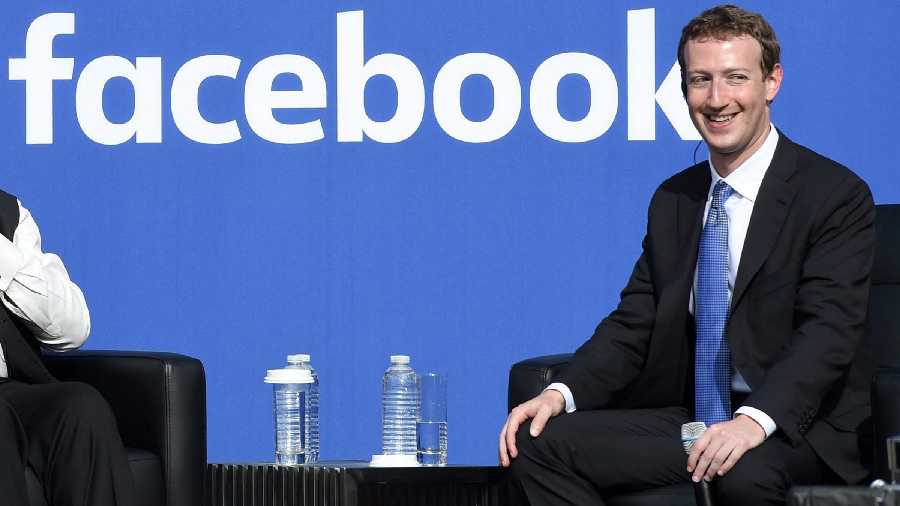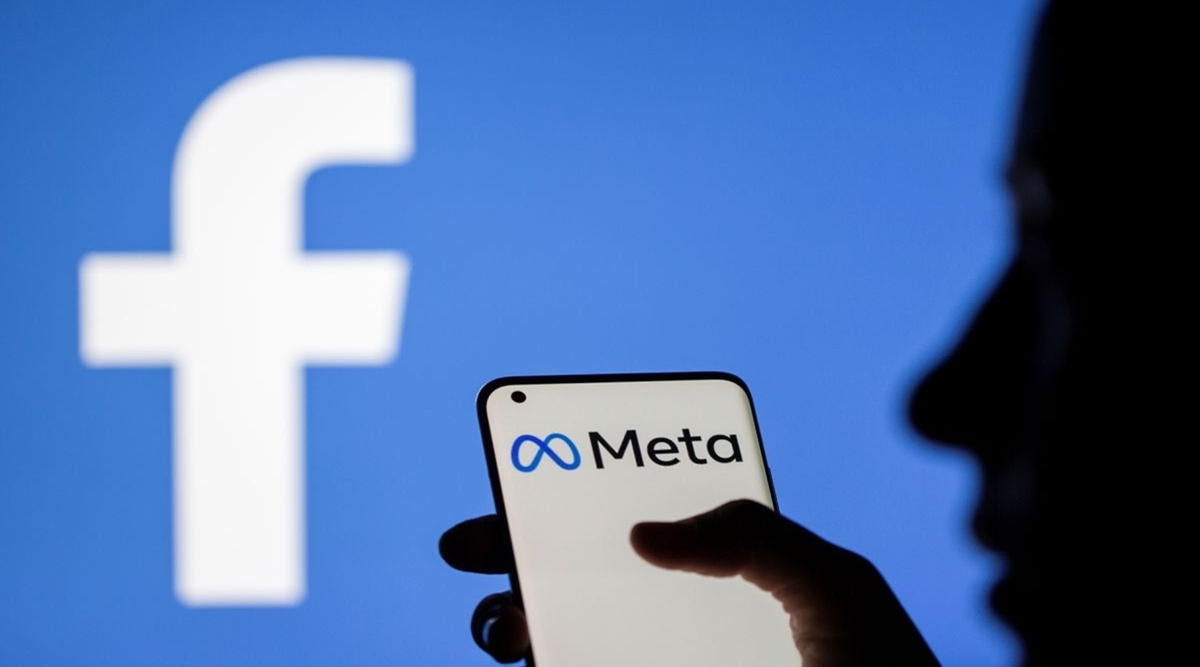Meta Provides H-1B Visa Holders With Immigration Assistance Following Mass Layoffs. A non-immigrant visa called the H-1B allows US businesses to hire foreign labor.
Employees with work visas like H-1Bs are now faced with uncertainty over their immigration status as large-scale layoffs at Facebook’s parent company Meta get underway. CEO Mark Zuckerberg acknowledged that “this is extremely painful if you’re here on a visa” and offered help to anyone impacted. Zuckerberg called the layoffs “some of the most difficult choices we’ve undertaken in Meta’s history” after Meta stated that 11,000 people, or 13% of the staff, would be let go. India and other countries make up the majority of the H-1B workers hired by US-based technology companies.
A non-immigrant visa called the H-1B allows US businesses to hire foreign nationals for specialized jobs that need theoretical or technical competence. It is essential to the hiring of tens of thousands of workers each year from nations like China and India by technology companies.
“I’ve made the decision to let go of more than 11,000 of our excellent workers in order to lower the size of our workforce by roughly 13%. We are also extending our hiring freeze through Q1 and reducing discretionary expenditure as part of our ongoing efforts to become a leaner and more effective organization “In a message to his staff, Zuckerberg stated.
“If you’re in the country on a visa, I realize this is very challenging. The notice period prior to termination and various visa grace periods ensure that everyone will have sufficient time to plan and manage their immigration issue. Dedicated immigration specialists are available to provide you with advice based on your needs and those of your family ” he said.

Holders of H-1B visas are permitted to remain and work in the US for up to three additional years.
Unless their employer supports them for permanent residency, often known as the Green Card, which has a decades-long backlog, they must then depart the country. If H-1B visa holders lose their jobs, they only have a 60-day “grace period” to locate a new employer that would sponsor their H-1B; otherwise, they must leave the US.
On Monday, Washington-based journalist Patrick Thibodeau posted on Twitter that “H-1B workers may suffer greatly from Facebook’s layoffs. Facebook is considered an H-1B “dependent,” which means that 15% or more of its employees have the visa. If visa holders can’t immediately locate a new employer sponsor after losing their employment, they might have to depart the US.” Additional benefits include six months of healthcare cost coverage for individuals and their families, three months of career support with a third-party vendor, including early access to unpublished job leads, and severance pay for 16 weeks of base pay plus two additional weeks for each year of service, with no cap.
Read More: Meta’s India net profits increase by 132% in FY 2022
According to him, support will be similar outside of the US, and the business will shortly follow up with unique procedures that take into account regional employment rules. The globe quickly shifted online at the onset of the Covid epidemic, and the explosion of e-commerce led to outsized revenue growth, according to Zuckerberg, who explained how the company came to the point where it had to implement such harsh cost-cutting measures.
“Many individuals believed that this acceleration would last forever and carry on long after the pandemic was over. I decided to dramatically boost our investments because I felt the same way. Sadly, things did not turn out as I had anticipated ” he said.

Online sales have not only resumed their previous patterns, but Meta’s revenue has also fallen far short of what he had anticipated due to the macroeconomic slump, greater competition, and the loss of advertisements signal. I made a mistake here, and I accept responsibility for that, he admitted.
According to Zuckerberg, the business must become more capital-efficient in the new climate. We have concentrated more of our efforts on a select few high-growth sectors, such as our AI (Artificial Intelligence) discovery engine, our advertising and commercial platforms, and our long-term metaverse strategy.
They have reduced expenses across the board, including budgets, benefits, and the size of our real estate portfolio. Teams are being reorganized to improve productivity. However, these steps won’t be enough to bring their spending into line with the income growth, therefore they have also had to make the difficult decision to fire certain employees, according to Zuckerburg.
Read More: Skyroot Aerospace to launch India’s first privately constructed rocket.













